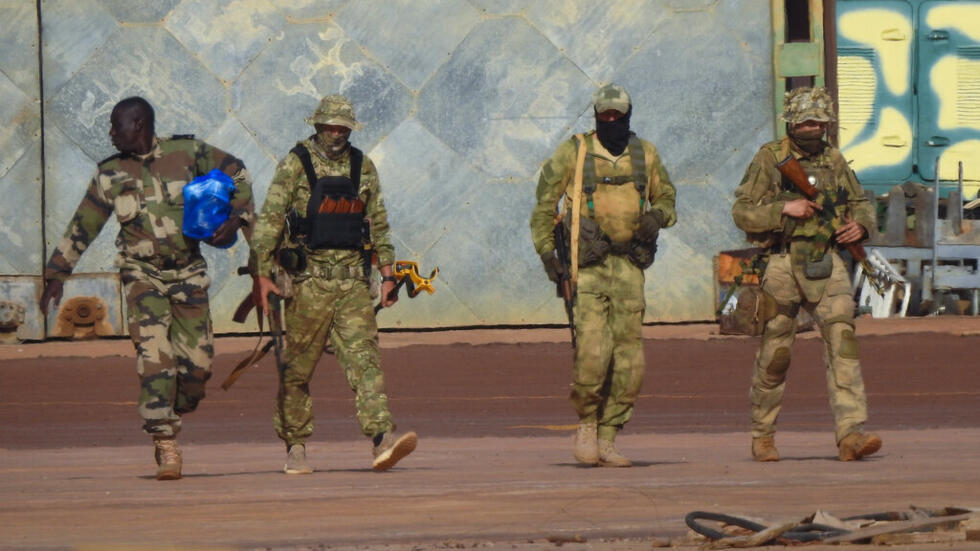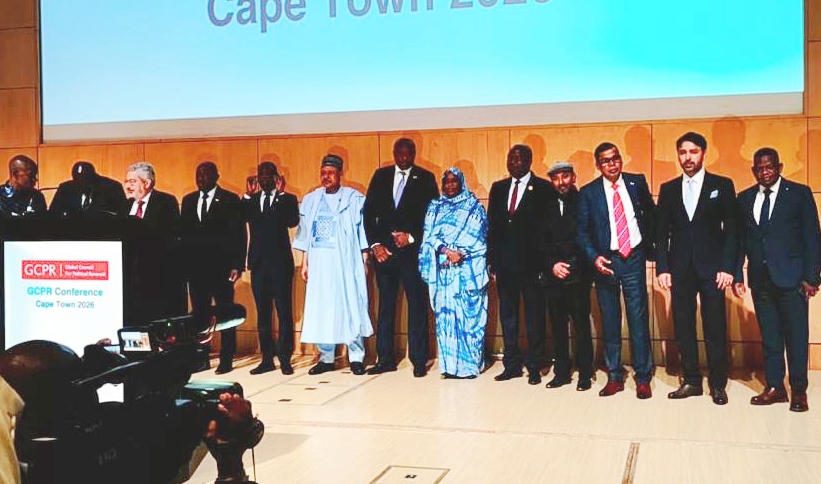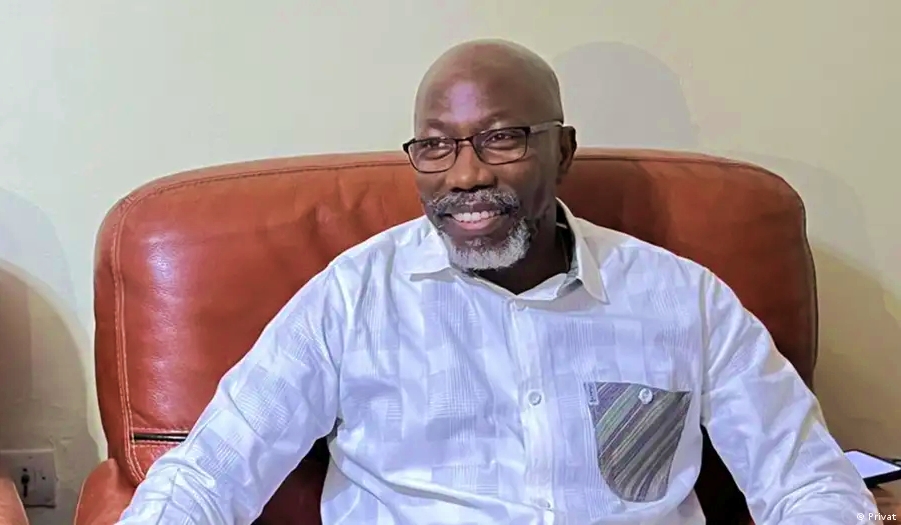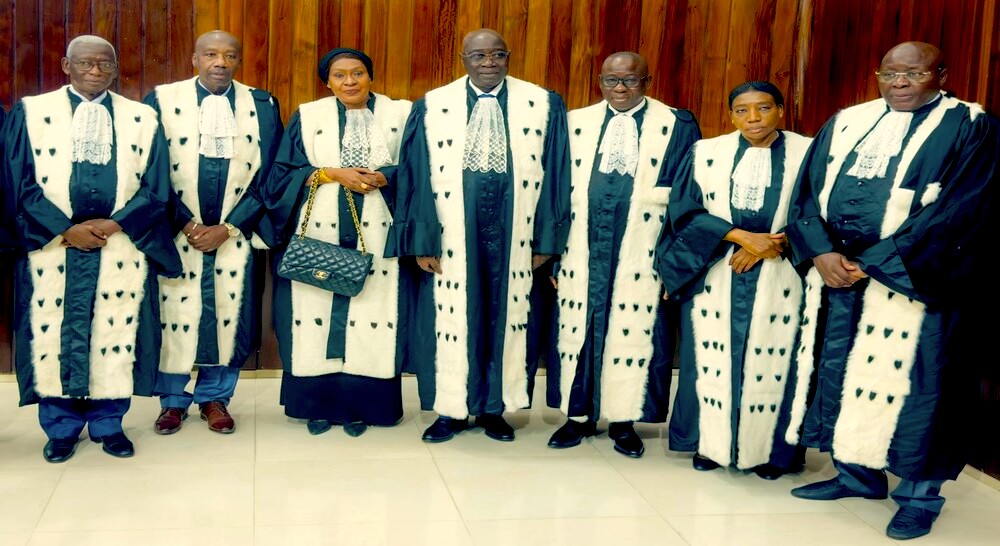Gambiaj.com – (Dakar, Senegal) – Senegal’s Constitutional Council has struck down a controversial provision in a new law passed by the National Assembly that sought to limit the scope of an amnesty granted in 2024. In a landmark ruling issued Wednesday, the Council declared Article 1 of Law No. 08/2025 unconstitutional, marking a significant setback for the ruling PASTEF-led parliamentary majority.
The decision, outlined in Ruling No. 1/C/2025, followed a constitutional petition filed on April 8 by MP Abdou Mbow and 23 other members of parliament. The lawmakers challenged the legality of a provision that excluded from amnesty “acts related to demonstrations or politically motivated acts, when these acts are not linked to the exercise of a public freedom or a democratic right.”
Critics argued that this clause was vague, infringed on legal clarity, and contravened the principle of non-retroactivity of harsher criminal laws — a cornerstone of both Senegal’s Constitution and international human rights norms.
The Constitutional Council agreed, noting that the clause could permit “the prosecution of acts already amnestied,” thereby violating the March 13, 2024 Amnesty Law (Law No. 2024-09). The Council further stated that the provision introduced a harsher legal framework post facto and therefore breached constitutional protections and Senegal’s international obligations, particularly with regard to acts not subject to statutes of limitation under global law.
The decision, delivered by a panel comprising Vice President Aminata Ly Ndiaye and members Youssoupha Diaw Mbodj, Awa Dieye, Cheikh Ndiaye, and Cheikh Ahmed Tidiane Coulibaly, mandated the publication of the ruling in the Official Journal of the Republic of Senegal, ensuring its legal force and public awareness.
The invalidated article was a key component of Law No. 08/2025, adopted by the National Assembly on April 2, 2025, under the majority of the Patriots of Senegal for Work, Ethics, and Fraternity (PASTEF). The party, led by Prime Minister Ousmane Sonko, had framed the law as an interpretative measure to clarify the limits of the 2024 amnesty, which was granted in the aftermath of political unrest and mass demonstrations that rocked Senegal between 2021 and 2023.
Legal scholars and civil society organizations welcomed the Council’s decision, viewing it as a reaffirmation of constitutional safeguards amid growing concerns about political repression and the weaponization of the justice system.
“This is a victory for the rule of law and legal predictability in Senegal,” said legal analyst Fatou Diouf. “It reinforces that amnesty laws must be applied fairly and cannot be rewritten retroactively to exclude political opponents.”
The Council’s ruling is likely to spark fresh debate on transitional justice, accountability, and democratic governance under the Sonko administration.










